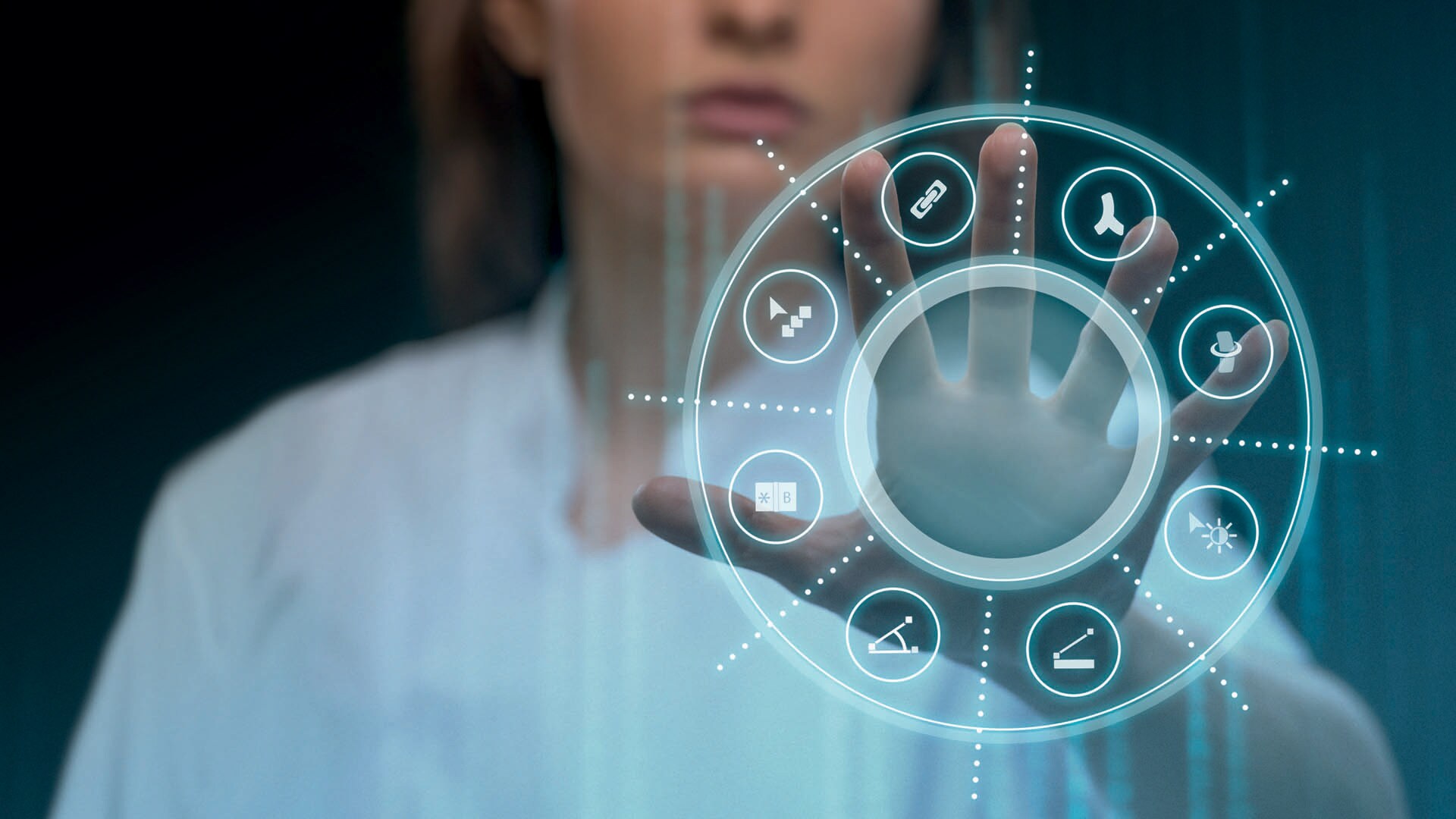
.- AI-Powered Detection: Revolutionizing Medical Diagnostics.- AI-Powered Detection: Revolutionizing Medical Diagnostics Artificial Intelligence (AI) is transforming the field of medical diagnostics, empowering healthcare practitioners with unprecedented capabilities to detect and diagnose diseases with greater accuracy, efficiency, and speed. Accurate Disease Identification AI algorithms can analyze vast amounts of medical data, including patient records, imaging results, and laboratory tests. By identifying subtle patterns and correlations that human eyes may miss, AI can enhance the diagnostic accuracy of diseases such as cancer, heart disease, and diabetes. Early Disease Detection AI’s ability to detect anomalies and predict potential health risks allows for early intervention. By identifying diseases in their early stages, when treatment is most effective, AI can significantly improve patient outcomes and reduce healthcare costs. Non-Invasive and Cost-Effective AI-powered diagnostic tools often utilize non-invasive imaging techniques, such as magnetic resonance imaging (MRI) and computed tomography (CT). These methods are less invasive and more cost-effective than traditional biopsy procedures, making diagnostic testing more accessible and affordable. Personalized Treatment Planning AI can provide personalized insights into a patient’s health status. By analyzing genetic information, lifestyle factors, and medical history, AI can help tailor treatment plans to the specific needs of each individual, optimizing outcomes and minimizing side effects. Improved Workflow and Efficiency AI algorithms can automate repetitive tasks and streamline diagnostic processes. This allows healthcare providers to focus on patient care and decision-making, improving efficiency and reducing burnout. Examples of AI-Powered Detection * Cancer Diagnosis: AI algorithms can analyze tissue samples to identify cancerous cells with greater accuracy than traditional methods. * Cardiovascular Disease Detection: AI can interpret ECGs to detect heart conditions, such as arrhythmias, with high sensitivity. * Diabetes Management: AI can predict the risk of developing diabetes by analyzing blood glucose levels and other health parameters. Challenges and Considerations While AI-powered detection holds immense promise, it also presents challenges such as data privacy, bias, and the need for regulatory frameworks. To ensure responsible development and implementation, collaboration between healthcare professionals, researchers, and policymakers is crucial. Conclusion AI-powered detection is revolutionizing medical diagnostics, empowering healthcare practitioners with unparalleled capabilities to detect and diagnose diseases with unprecedented accuracy and speed. As AI continues to advance, it is poised to transform the practice of medicine, leading to improved patient outcomes, cost reductions, and enhanced healthcare experiences.
Posted inNews